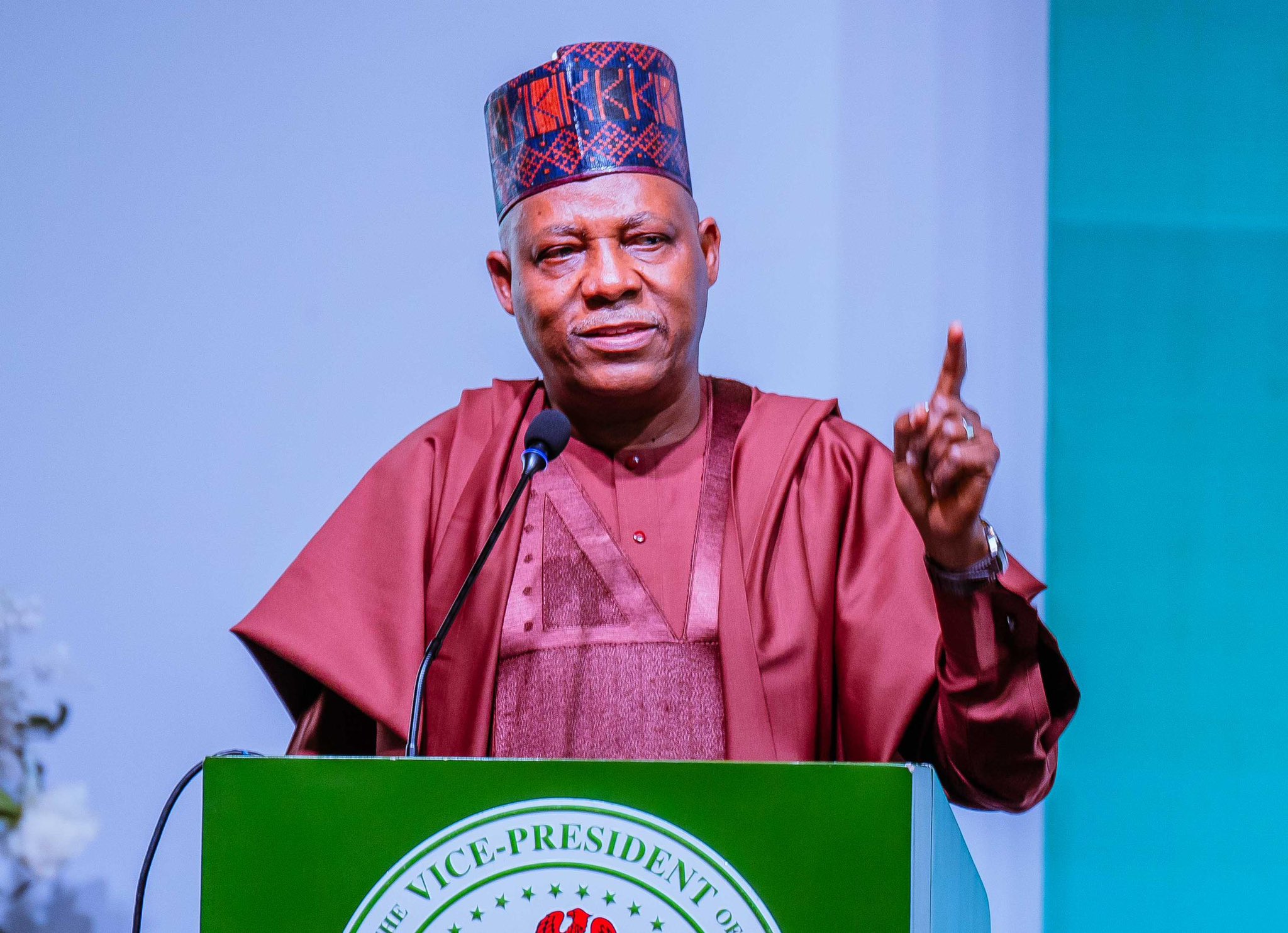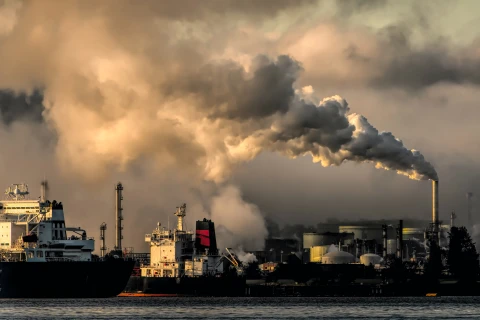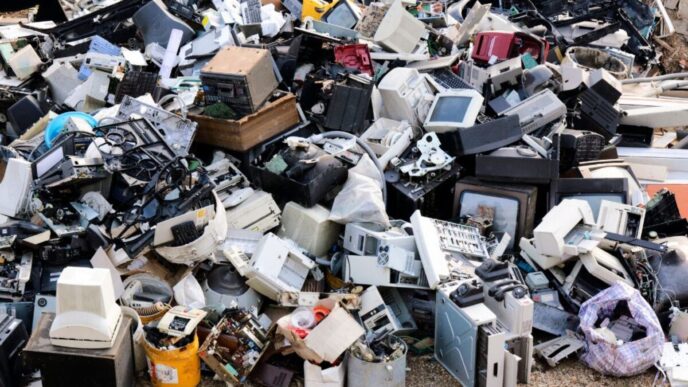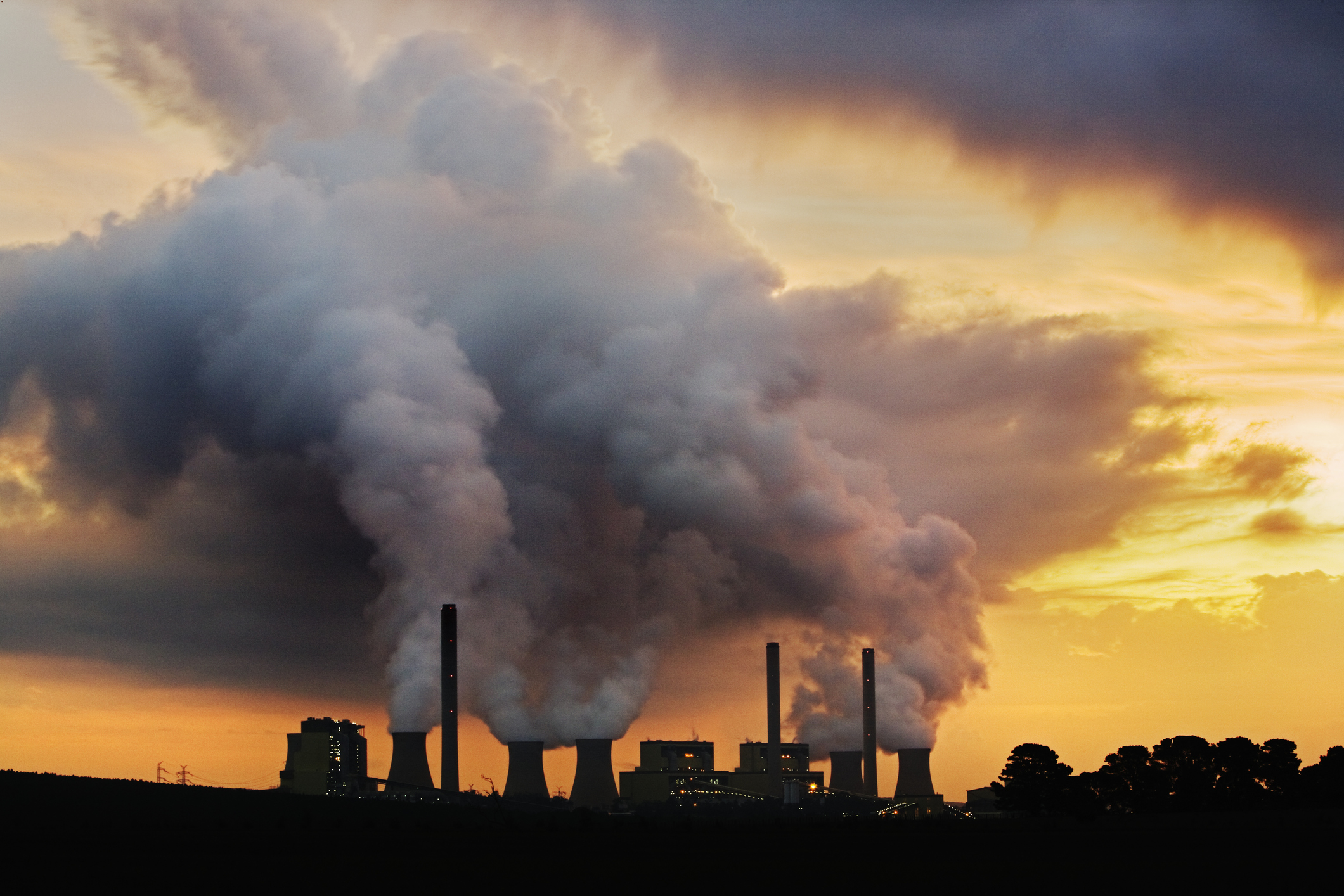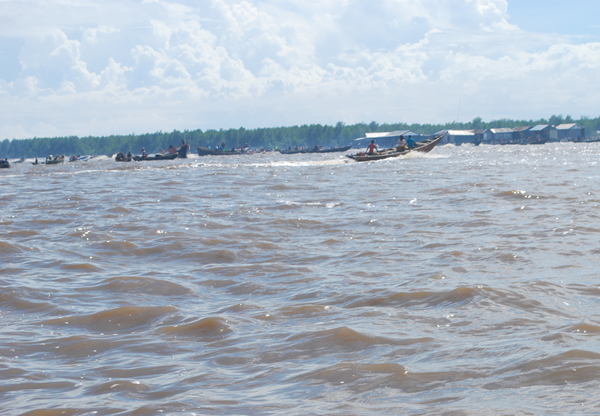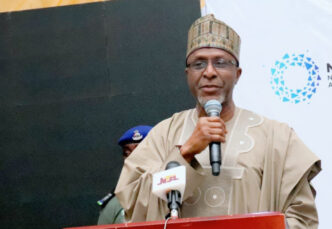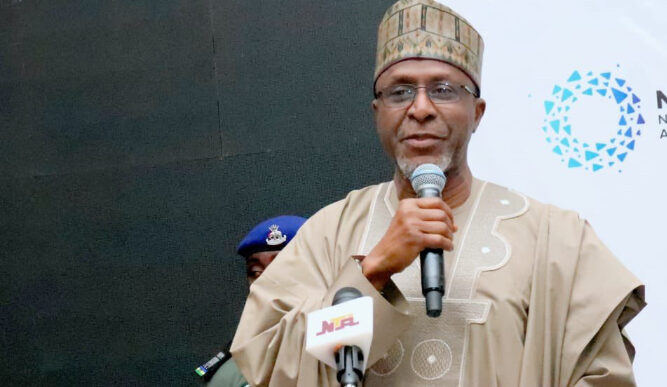Climate change directly affects our communities, health, and livelihoods. Yet, media coverage often prioritises politics and business over climate-related stories, leaving crucial environmental news underreported.
Climate Watch seeks to bridge this information gap, ensuring that important climate change stories and mitigation efforts never slip under your radar.
Here is a round-up of last week’s climate stories:
- On October 14, Vice-President Kashim Shettima said Nigeria has proactively addressed climate change. Shettima spoke at the second edition of the Africa climate forum (ACF), themed ‘Africa’s climate future: Pathways from dependence to leadership’. He said the country is taking steps to meet commitments made at the conference of parties (COP). He added that a presidential committee has been set up to coordinate climate-related policies and programmes. The vice-president noted that Nigeria’s efforts to tackle climate change would be incomplete without the collaboration of stakeholders across Africa. Read more here.
- On October 15, Nigeria and Egypt signed a memorandum of understanding (MoU) to advance the development of water resource management programmes in Africa. The MoU aims to foster collaboration between the two nations in harnessing, developing, and managing water resources to benefit their populations. The agreement also addresses flood management, drought forecasting, the advancement of water harvesting technologies, and technical assistance in groundwater management. Find out more here.
- African ministers and other partners have pushed for an accelerated transition to renewable energy. Speaking at an investment forum in Nairobi, Kenya, the African leaders cited many benefits of the transition to renewable energy. The forum, organised by countries under the accelerated partnership for renewables in Africa (APRA), aimed to support the development of green industries within APRA countries, including Ethiopia, Ghana, Kenya, Namibia, Rwanda, Sierra Leone, and Zimbabwe. The International Renewable Energy Agency (IRENA) and the Global Energy Alliance for People and Planet (GEAPP) said the forum marked a significant milestone in the call to boost Africa’s renewable capacity to 300 GW by 2030. Francesco La Camera, the IRENA director-general, said the transition is not only a matter of climate change but also a matter of “equality, fairness, and inclusion”. Read more here.
- Last week, the Food and Agriculture Organisation (FAO) said about 1.39 million hectares of cropland were flooded across north-east Nigeria in September. Daouda Doumbia, head of FAO’s north-east office, said from September 16 to 30, about 3.82 million hectares of land in the region were flooded, affecting 1.39 million hectares of cropland. Doumbia added that in Borno, Adamawa, and Yobe states, over 104,000 hectares of rain-fed cropland and 6,570 hectares of irrigated cropland were submerged. Find out more here.
- Oxfam International, a non-profit organisation, says up to $41 billion in World Bank climate finance remains unaccounted for due to poor record-keeping. In its report released on October 17, Oxfam said an audit of the World Bank’s climate finance portfolio from 2017 to 2023 found that between $21 billion and $41 billion in climate finance went unaccounted for from when the projects were approved until their completion. Find out more here.
- A new report by Sustainable Energy for All (SEforALL) says over 2.1 billion people in low- and middle-income countries (LMICs) have no access to clean cooking. The report added that 685 million people in LMICs lacked access to electricity. According to the report, recent projections showed that at the current rate of progress, 1.8 billion people will have no access to clean cooking in 2030, while over 600 million will lack access to electricity. It noted that there is a need for increased annual investment in clean energy. Read more here.
Advertisement
